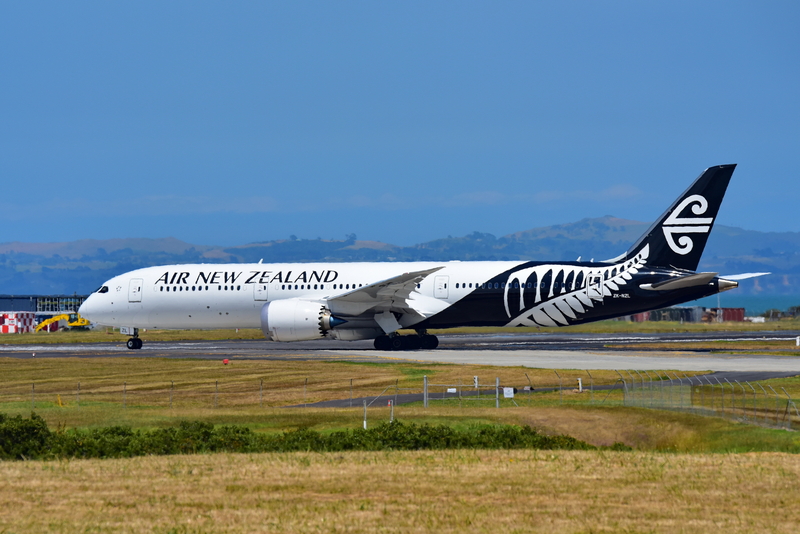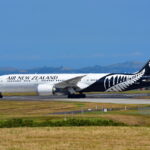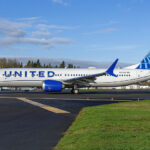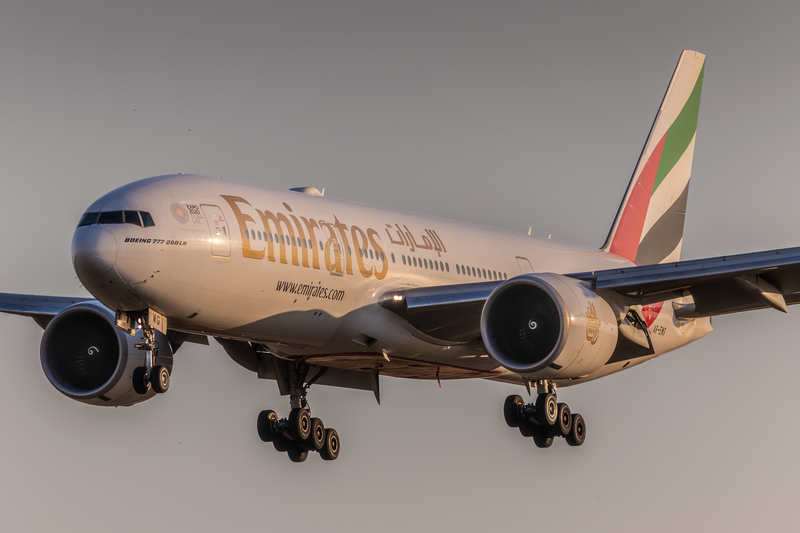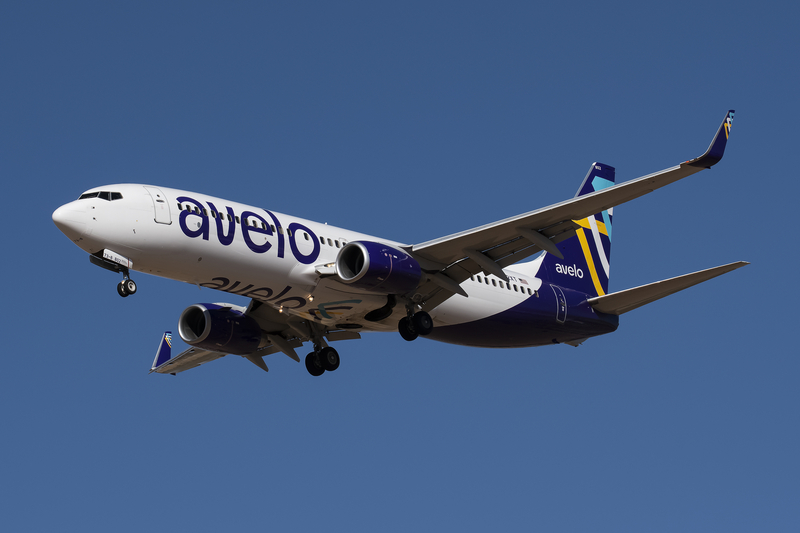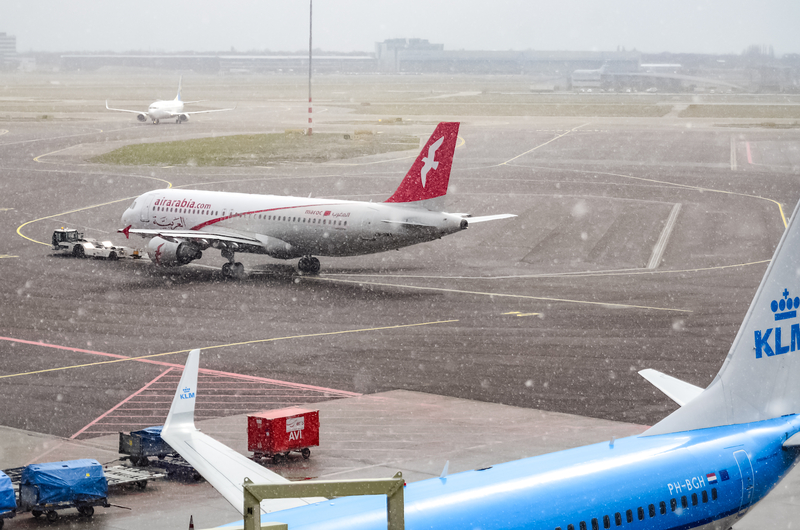New Zealand Travelers On Alert As Strike Looms
Air New Zealand customers are being urged to keep a close eye on their bookings as cabin crew unions move toward nationwide strike action on Monday, December 8. The potential walkout could disrupt regional, domestic, and international flights right at the start of the busy summer travel period.
When Is The Strike Planned To Happen?
Two unions representing thousands of cabin crew, E tū and FAANZ (Flight Attendants’ Association of New Zealand Incorporated), have formally notified Air New Zealand of their intention to strike on Monday, December 8.
The proposed action is split by fleet and time window:
-
Regional turboprops (Dash 8 Q300 & ATR 72-600):
-
Planned strike period: 05:00–23:00
-
These aircraft operate many of the key regional routes from Auckland, Wellington, and Christchurch to smaller cities and towns.
-
-
Jet fleet (domestic & international Airbus and Boeing):
-
Planned strike period: 00:01–23:59
-
This includes Airbus A320 domestic and short-haul services, and long-haul flights on the Boeing 777-300ER and 787-9 Dreamliner.
-
Taken together, this means almost the entire Air New Zealand network could be affected for a full day if the strike goes ahead.
How Air New Zealand Is Responding
For now, Air New Zealand stresses that no flights have been canceled and the schedule remains unchanged. The airline says it is working urgently with the unions to reach an agreement and avoid disruption.
Given its dominant position in New Zealand’s domestic and regional market, any strike would have far-reaching consequences:
-
Large numbers of regional services could be grounded.
-
Domestic trunk routes between Auckland, Wellington, and Christchurch may see cancellations or major delays.
-
Some international services could be rescheduled or disrupted, especially long-haul flights.
Air New Zealand has indicated that if the strike proceeds and flights are disrupted:
-
Customers who are forced to overnight mid-journey may be offered accommodation and alternative transport, where required.
-
Meals and refreshments may be provided at the airport, depending on the length of delays.
-
Impacted customers will be contacted directly with options to rebook, reroute, or manage travel online.
Updates will be sent via email, text message, and the Air NZ app, so passengers are strongly encouraged to check their contact details and app notifications.
What Cabin Crew Are Asking For
Around 1,250 E tū members across Air New Zealand’s international, domestic, and regional fleets are expected to stop work if agreement is not reached.
According to E tū, months of negotiations have failed to deliver improvements that reflect the responsibility, pressure, and fatigue that cabin crew face day-to-day. The union says members feel the airline continues to prioritize cost and efficiency over crew wellbeing.
E tū National Secretary Rachel Mackintosh explains:
“Cabin crew have gone above and beyond for Air New Zealand and for the travelling public. If the company wants to reach a settlement, they need to make real changes to their position. Our members are seeking a fair deal that reflects their skill, responsibility, and the vital safety role they play every day.”
The timing adds extra pressure. Air New Zealand has recently collected a string of global awards and is frequently named among the world’s safest and most trusted airlines. A high-profile strike in the lead-up to Christmas risks undercutting that hard-earned reputation at home and abroad.
Why This Strike Requires 14 Days’ Notice
Because aviation is deemed an essential service in New Zealand, unions must give 14 days’ written notice before any strike action can occur.
Cabin crew were asked to choose a date for a single day of action between December 3 and 17. They settled on Monday, December 8, a weekday when both business and leisure travel typically run at high levels and school holidays are about to ramp up.
If the strike continues as planned and no deal is reached, the action would cover:
-
All regional operations, including lifeline services to smaller centers.
-
Domestic jet services on key trunk routes and popular holiday destinations.
-
International flights, including trans-Tasman and long-haul services to Asia and North America.
What This Means For Travelers
If you’re flying with Air New Zealand in early December—especially on or around December 8—it’s wise to make a plan now.
Here are practical steps travelers can take:
-
Monitor your booking regularly
-
Check your flight status in the Air NZ app or on the airline’s website in the days leading up to departure.
-
-
Ensure your contact details are up to date
-
Confirm that your email and mobile number are correct in your booking so you receive any schedule change notifications.
-
-
Allow extra time at the airport
-
If the strike goes ahead, expect longer queues at check-in, security, and customer service desks.
-
-
Consider flexible or backup options
-
If your trip is essential (for business, medical appointments, or connecting long-haul flights), you may wish to:
-
Travel a day earlier or later, if possible.
-
Check whether other airlines or ground transport options (coach, train, rental car) are available on your route.
-
-
-
Keep receipts if disrupted
-
If you incur costs for meals, accommodation, or ground transport, hold onto receipts in case you’re eligible for reimbursement under Air New Zealand’s policies or your travel insurance.
-
Air New Zealand’s Wider Role In The Network
Air New Zealand is the backbone of the country’s commercial aviation system. From its main hub at Auckland Airport (AKL) and secondary hubs in Wellington and Christchurch, the airline:
-
Operates the largest trans-Tasman network, with non-stop services to major Australian cities like Brisbane, Sydney, Melbourne, Adelaide, and Perth, plus seasonal routes such as Hobart and Cairns.
-
Connects New Zealand to the wider Pacific Rim, including key destinations in Asia and North America—among them its flagship route between Auckland and New York JFK.
-
Provides essential regional links to cities and towns that have no alternative air service.
Any full-day strike affecting all fleets would therefore ripple right across domestic and international networks, impacting not only local travelers but also visitors and transit passengers.
Bottom Line
Air New Zealand is facing a serious industrial challenge, with cabin crew unions E tū and FAANZ planning a one-day strike on Monday, December 8. The proposed action would cover regional turboprops, domestic jets, and long-haul aircraft, creating the potential for widespread disruption at the start of the busy summer holiday period.
The airline says no flights have yet been canceled and that it is working hard to reach a deal. However, travelers with flights around that date should stay alert, keep contact details updated, and be prepared with backup plans in case the walkout goes ahead.
